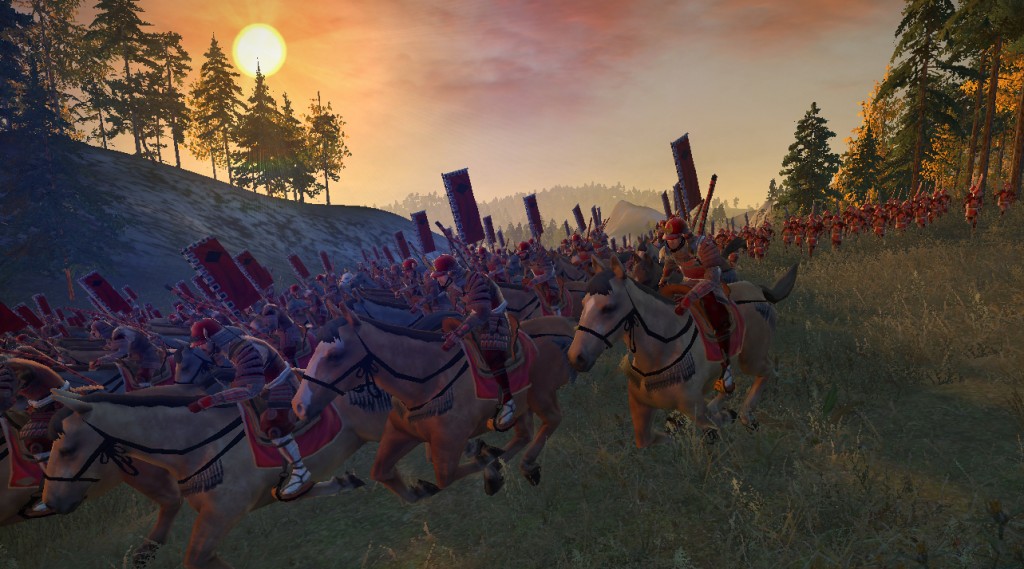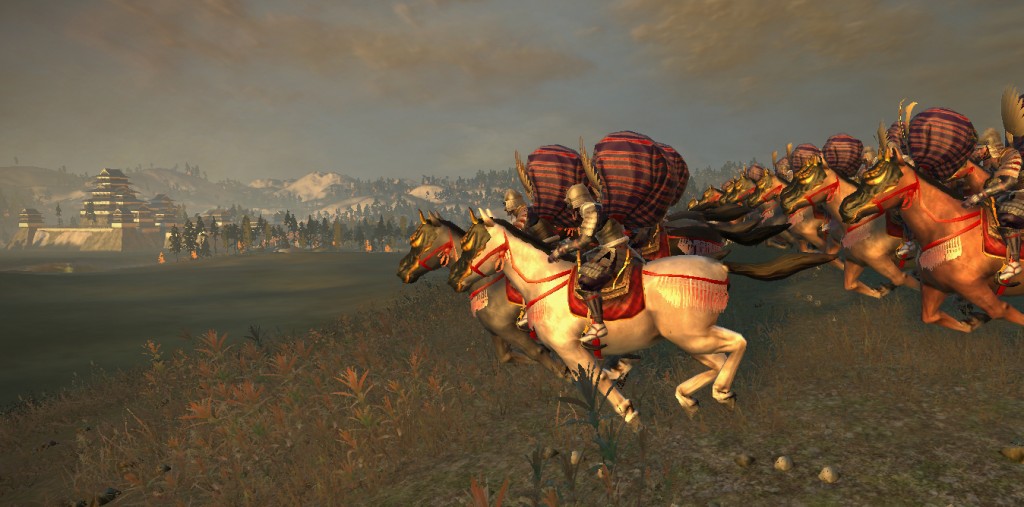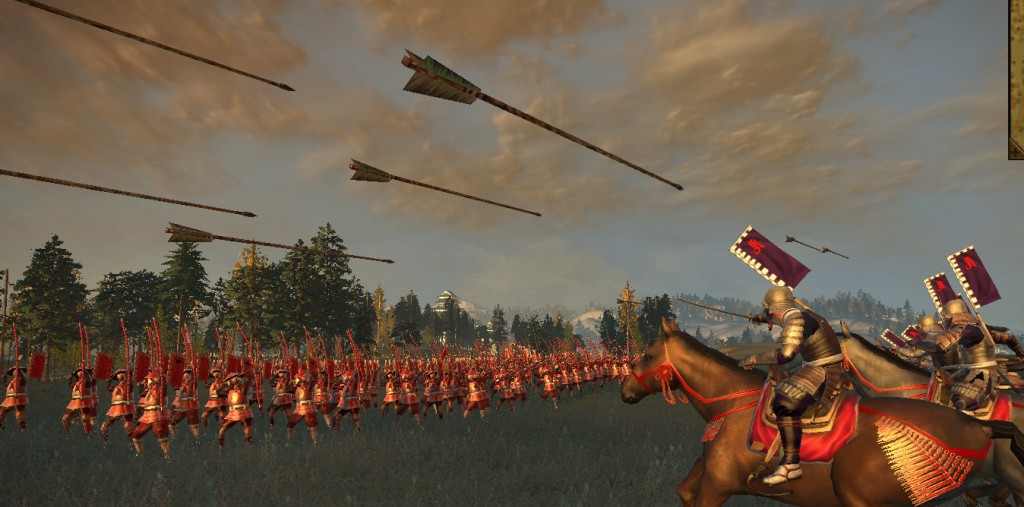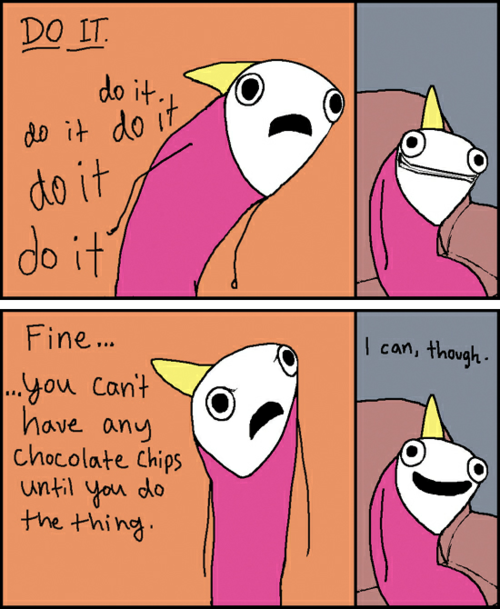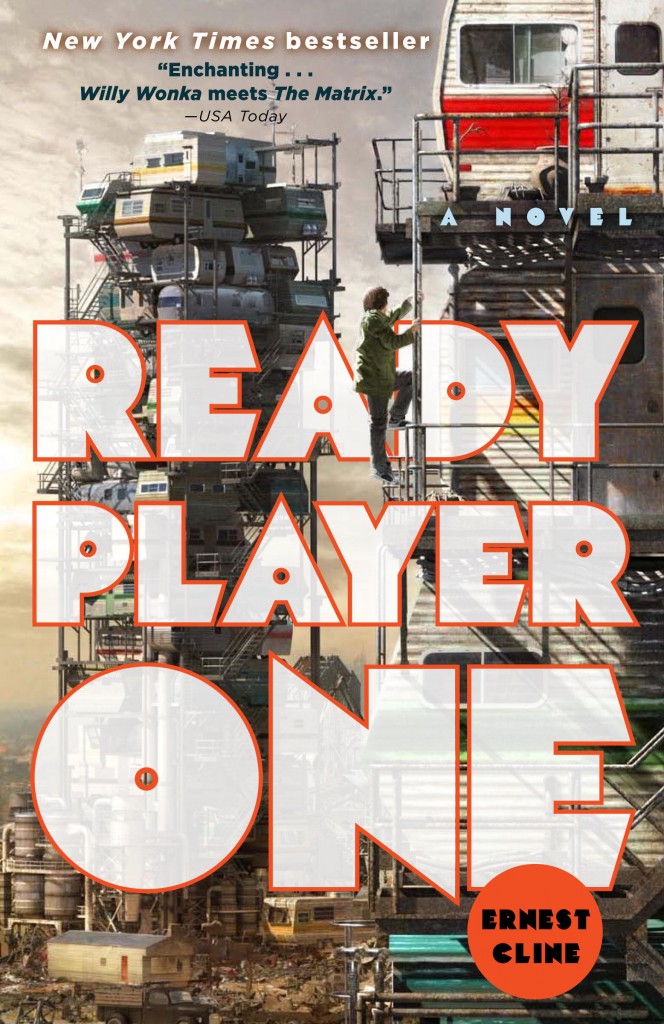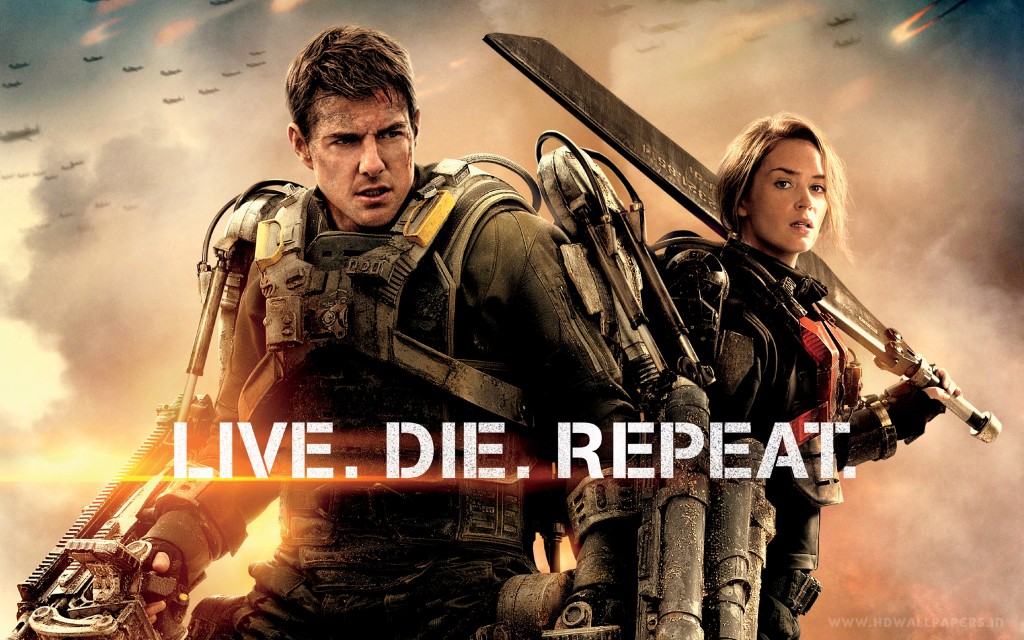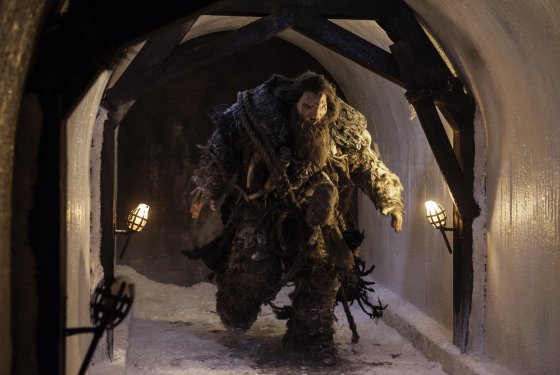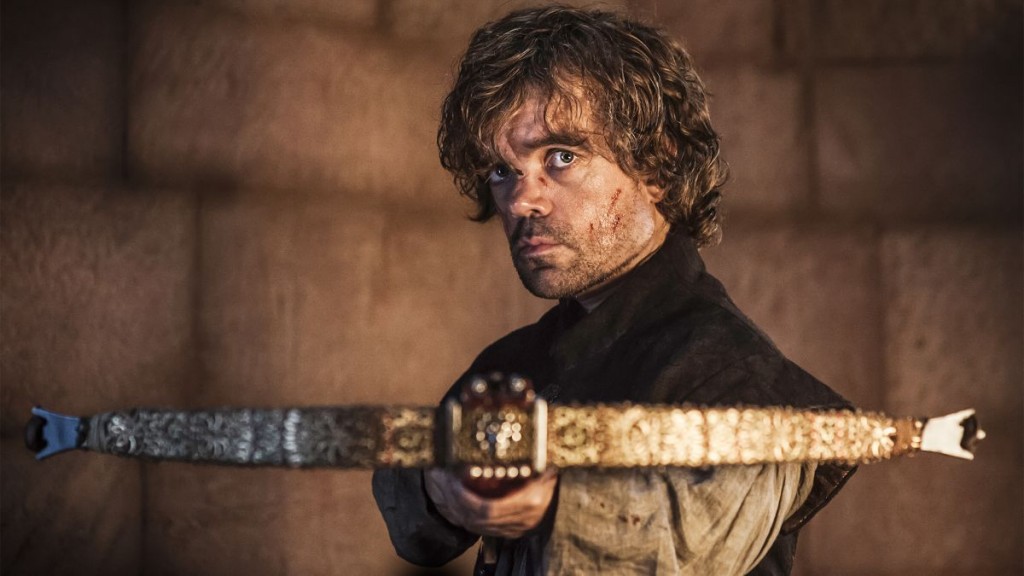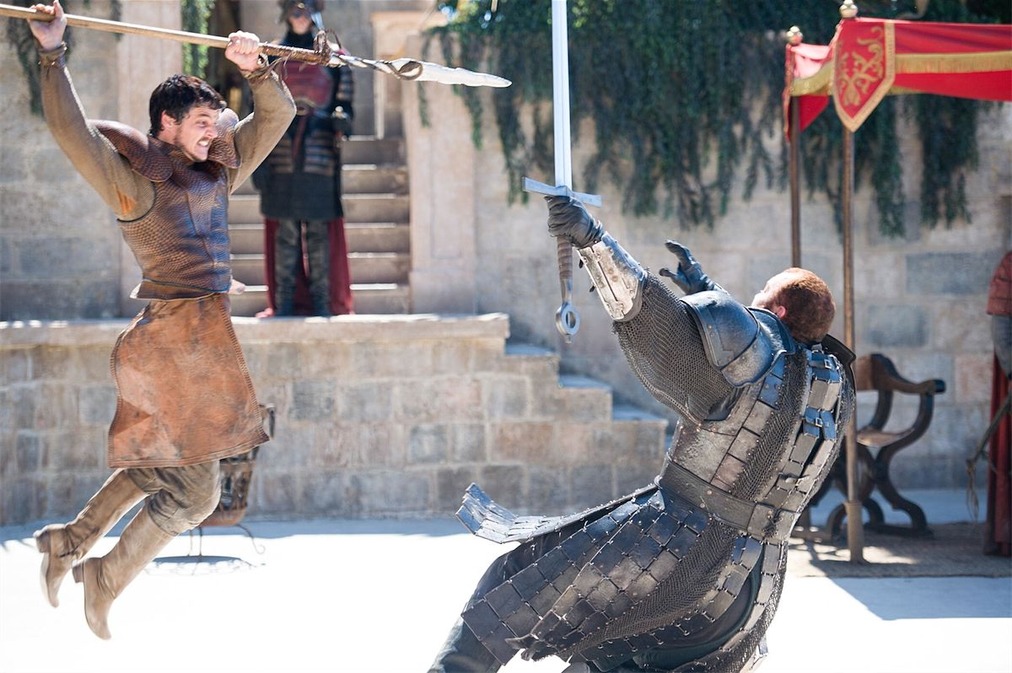Hero of Ages is the third volume in the Mistborn trilogy, by Brandon Sanderson and it picks up some time after the twist ending of the second book, The Well of Ascension. I can’t really talk about Hero of Ages without spoiling the other books in the trilogy, so here’s your warning: Spoilers for ALL THREE books in the trilogy. Read on at your own risk!
Here’s my short, non-spoiler review: I have mixed feelings about this book and series. On the one hand, the magic system (certain metals give certain people special powers when eaten in powdered form), and premise (what happens after the Dark Lord wins?) are both interesting, and this third book brings things to a pretty satisfying ending. But on the other hand, the writing and character development was not great. This series is worth reading, but is most enjoyable if you don’t think too much about it.
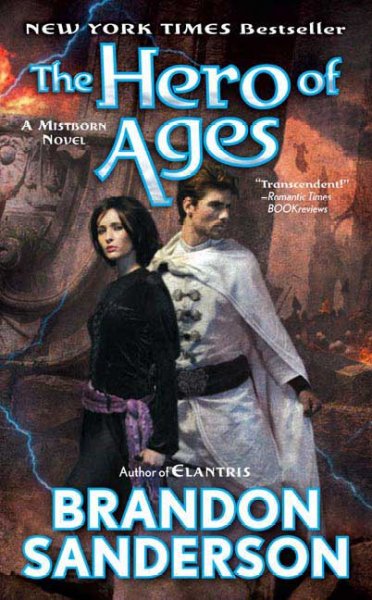
Still here? Ok. So, here’s the thing. Brandon Sanderson is a prolific and popular fantasy writer, and his books tend to get very good fan reviews, so I had high hopes for this series. Problem is, it never quite worked for me, and what’s even more frustrating is that it’s hard to even put my finger on why. I have some ideas though. So, this is going to be less a review and more me trying to work out why these books didn’t fully work for me, which requires going through some of my complaints. I should note up front that despite my complaints, I think on the whole the books are pretty good. Not classics, but good, fun reads. I’m glad I read them. I just found some aspects of them frustrating.
Gripe the First: Elend
First of all, let’s talk about Elend’s character. Earlier in the series, he is an uncertain scholarly type, who ends up as a king but is not really leadership material. His heart is in the right place but he is too timid and idealistic. In the second book, he meets Tindwyl who puts him through leadership boot camp, which basically was: wear nicer clothes and don’t be such a pushover and everyone will follow you. He eventually follows this advice and it seems to work. Now we get to The Hero of Ages, and some time has passed since the end of the last book, when (No, seriously, Spoiler Alert!) Vin saved Elend’s life after he was stabbed at the Well of Ascension by turning him into a mistborn. Here’s what bothered me: Throughout the beginning of Hero of Ages, the reader is beat over the head with the fact that Elend is now a great leader, a manly man who is manly, and oh so handsome in his white uniform, and also, he is not just a mistborn but an extremely powerful mistborn.
For example:
[Elend arrives at a city that is about to be attacked and takes command]
“Open the gate and bring my horse in,” the newcomer said. “I assume you have stables?”
“Yes, my lord,” the soldier said.
Well, Fatren thought with dissatisfaction as the soldier ran off, this newcomer certainly knows how to command people. Fatren’s soldier didn’t even pause to think that he was obeying a stranger without asking for permission. Fatren could aready see the other soldiers straightening a bit, losing their wariness. This newcomer talked like he expected to be obeyed, and the soldiers were responding. This wasn’t a nobleman like the ones Fatren had known back when he was a household servant at the lord’s manor. This man was different.
I think this bothered me for two reasons: first, he’s basically a completely different character, and second, this is pounded into the reader throughout the beginning of Hero of Ages. It seems pretty clear that Sanderson realized that he needed a character who had all of these attributes for the plot in the third book to work, and so spent much of book 2 trying to transform the character to that the third book would be plausible. But then it was like he didn’t trust that the transformation was complete, so book three starts after some time has passed and we’re just told over and over again how handsome and leaderly and powerful Elend is, just to make sure we got it. I mean, character growth is great, but I guess what bothered me was that this was more like character replacement.
While I’m complaining about Elend, I should also mention the complete lack of chemistry between Elend and Vin. Basically the only indication that they’re in love throughout the book is when the narration states that they love each other. There’s one chapter where their personalities actually come out and there is some banter and playfulness between them, but otherwise in most scenes with Vin and Elend they have about as much chemistry as Anakin and Padme in the Star Wars prequels.
Gripe number 2: This is my Worldbuilding Let Me Show You It
Throughout Hero of Ages, each chapter begins with an excerpt written by Sazed that is relevant to the events of the chapter. These excerpts are almost always pure info-dumps, serving to explain some aspect of the worldbuilding. Without these little explanations, parts of the book would be hard to understand, so they’re important. But I found myself getting annoyed at Sanderson’s apparent need to explain every last thing. Like, I get that you worked out lots of details about the Mistborn world and magic system. But as with all research for writing, just because you did it doesn’t mean it belongs on the page. It was like, after the first book, Sanderson went through and made a list of things that people had criticized about the worldbuilding, and then wanted to show that he had found an explanation for all of these things. Also, these excerpts made some of the “twists” that come later in the book extremely obvious. Maybe the reader was supposed to figure them out before they happened, maybe not. It was kind of fun to be able to say “Ha! I knew that would happen!” But at the same time, I think it would have been more fun to be surprised. I read somewhere that the best twists in fiction are those that the reader doesn’t see coming before hand, but afterward it’s clear that there is no other way things could have happened.
Another aspect of the over-explanation that bugged me through all three books was the need to explain the fight scenes to death. A side effect of the ever-increasing complexity of the magic system (by the end of the third book there are three inter-related systems of magic that characters are using) is that all fight scenes have to be explained in great detail to know what’s going on. The reader needs a lot more information than in a normal fight scene. To Sanderson’s credit, he manages to make some very complicated fights comprehensible, but in doing so, the fight scenes tend to become tedious descriptions of metal reserves and the side effects of newton’s laws as the characters push and pull on various metal objects.
Also, speaking of physics: There are a few instances where the worldbuilding tries to get scientific. These are almost inevitably painful to a science-minded reader.
Gripe Number 3: On Atheism
This is a more personal gripe that probably won’t bother most people. One of the plot lines in Hero of Ages deals with a character who is struggling to find faith in any religion after the death of someone he loved. He spends many chapters moping around, despairing that all of the religions that he knows so much about have logical inconsistencies. On the one hand, this character’s distress at not being able to find a suitable religion makes sense: he’s spent his life preserving memory of ancient religions and now he can’t find one to help him through a difficult time. But on the other hand, it seemed almost as if these scenes were the author’s way of saying that life without religion is awful and pointless and unbearable. As someone who is not religious, I can say that it’s possible to handle grief and find meaning in life without relying on a higher power, and it made me uncomfortable to read these chapters that seemed to imply otherwise.
Also, it was jarring to read about Sazed freaking out about how all his religions are wrong, and then go to a chapter where a character is, literally, talking to a god. Like, that’s one of the things about being a non-religious person: If there were overt evidence of a god, then everyone should obviously believe in that god! It was hard to separate what I knew as a reader from what Sazed knew, but it sure seemed like he had a lot of evidence pointing to there being actual gods to worship.
Other gripes:
Heavy Handedness – Look, I get it: Elend is worried that he is no better than the Lord Ruler he overthrew. I GET IT. Could we not repeat the same introspective agonizing over this every single Elend chapter, and have this theme pop up in Vin’s chapters, AND have Elend’s enemies point this contradiction out to him too? It’s great to have a theme and all, but readers are smart. No need to hang flashing lights on the theme every time it appears.
Spook’s sacrifice – HE SHOULD BE DEAD. His story arc was over, and it ended with him sacrificing himself to save his friends. I actually yelled at the book when it was revealed that he was still alive. I mean, I’m not expecting a George R.R. Martin level body count here, but his arc would have been much better if he didn’t survive.
Vin’s orbital dynamics – Vin becomes a goddess and moves the planet closer to the sun, and then realizes that the sun is too strong and is going to burn everything now that the ash is gone. So she turns the planet around so the other side is facing the sun. How does that solve the problem? That just burns all the people on the other side of the planet. But I guess they’re not characters so we don’t care, and setting half the planet on fire will not have any negative effects on the other half of the planet. Why didn’t she just put the planet back where it belonged? Sigh.
Ok, so those are a few of my complaints. On the other hand, there were some aspects of the book that I thought were quite good. The plot is quite strong and the ending is satisfying. Also, I really enjoyed the chapters about the shape-shifting Kandra (although when TenSoon had to traverse the breadth of the empire I can’t figure out why he didn’t turn into something that could fly rather than running the whole way). And for all my complaints about it, the worldbuilding is very thorough and unique.
So, we come back to the main question: why did I have so much trouble getting into these books? For some reason, I found myself unable to fully suspend disbelief, and so what would otherwise be minor problems became major distractions. Part of it is probably that Sanderson and this series are so popular that I read with extra scrutiny, but I don’t think that’s the main reason. After putting my various gripes down in writing, I think I can see what the real problem was: the author and the story structure were too obvious. Picture a story as a living creature: it’s skeleton determines its basic shape, but then that skeleton is fleshed out to become a healthy animal. This story, I could see the bones peeking through. And once I noticed them, they threw me out of the story, and being less than fully-immersed meant that I noticed more bones, and so on. All stories have underlying structure, all authors make choices the emphasize certain themes or develop characters to suit the story they are writing. But for some reason the Mistborn series the author’s choices were more apparent to me than for other stories, making it harder to sink into the fictional world. On the bright side though, it was quite educational from a writing standpoint.
All in all, Hero of Ages and the whole Mistborn series are definitely worth reading. I just had trouble getting fully immersed, and so didn’t enjoy them as much as I might have liked.





